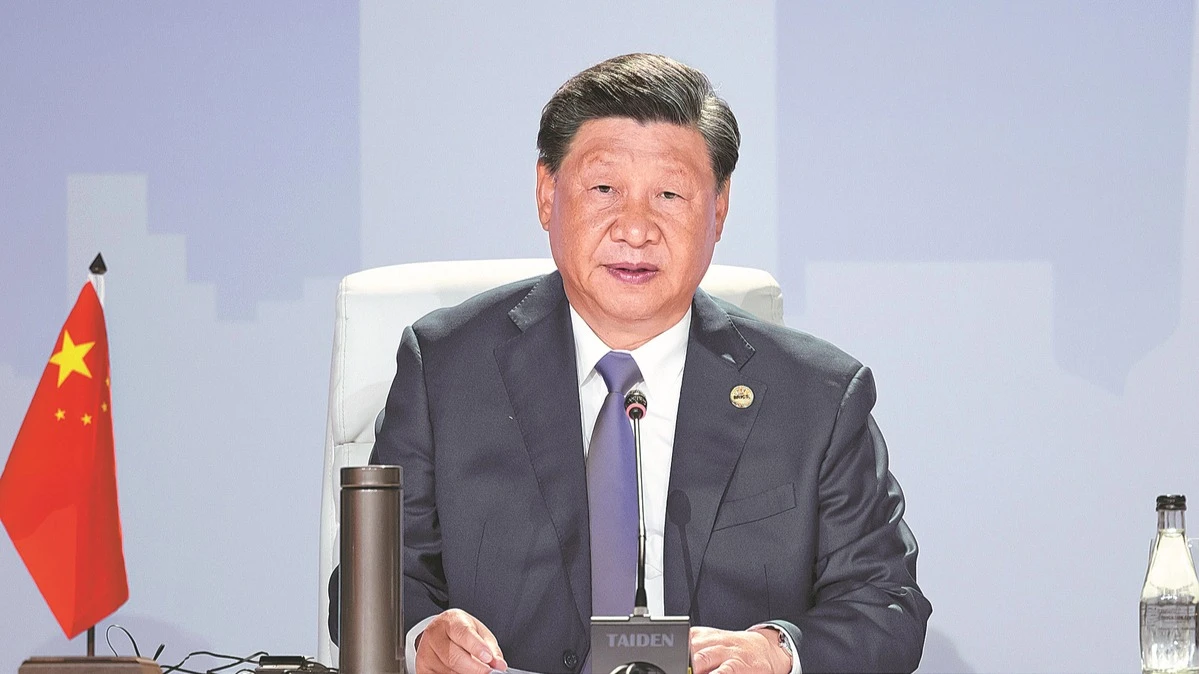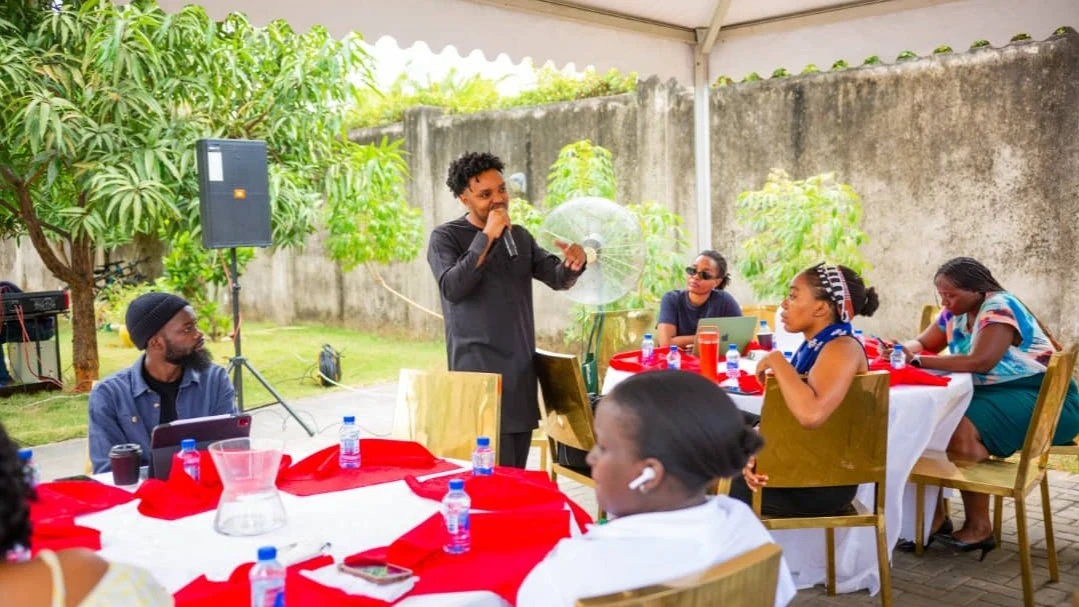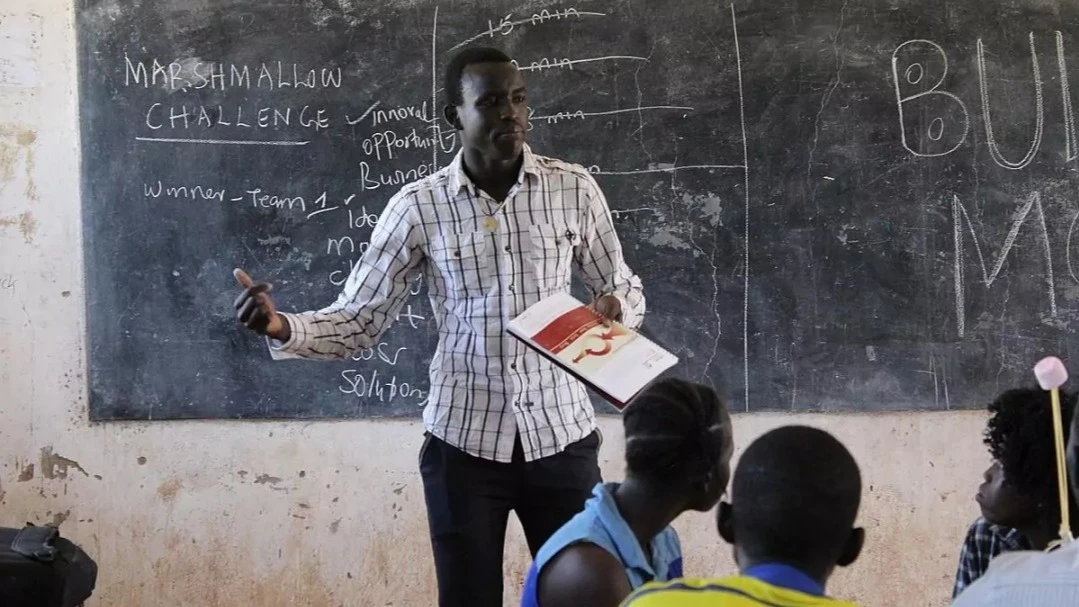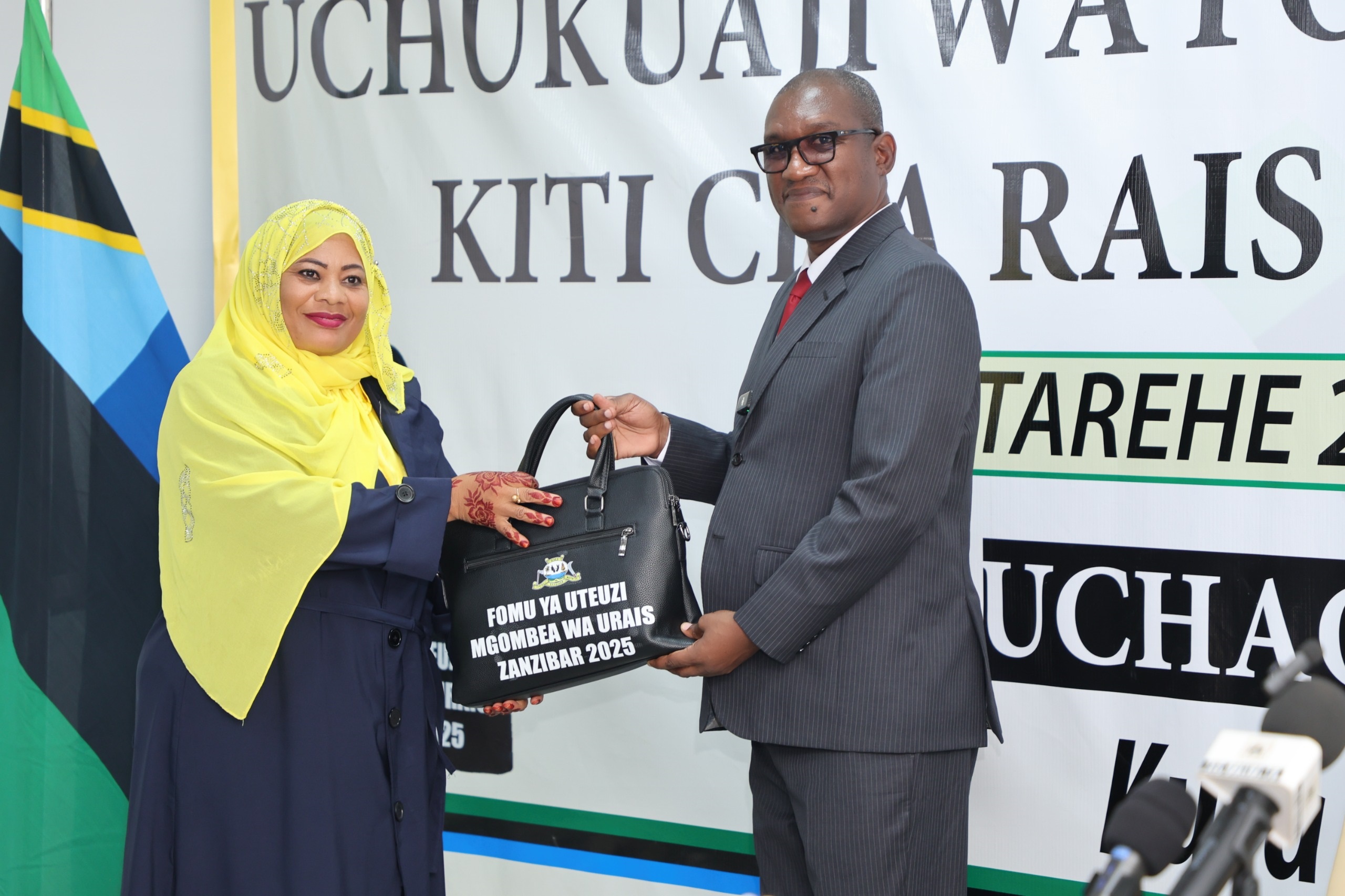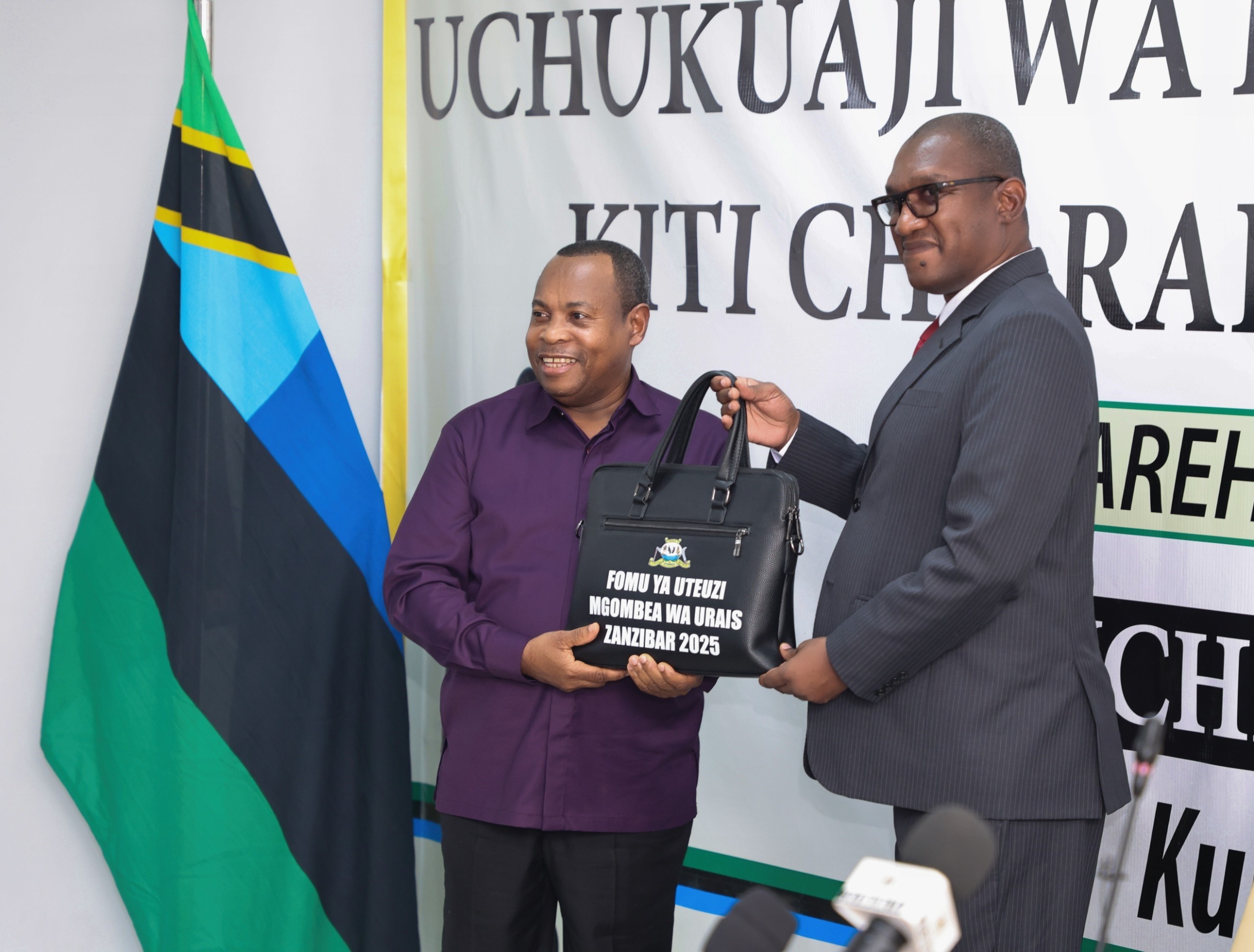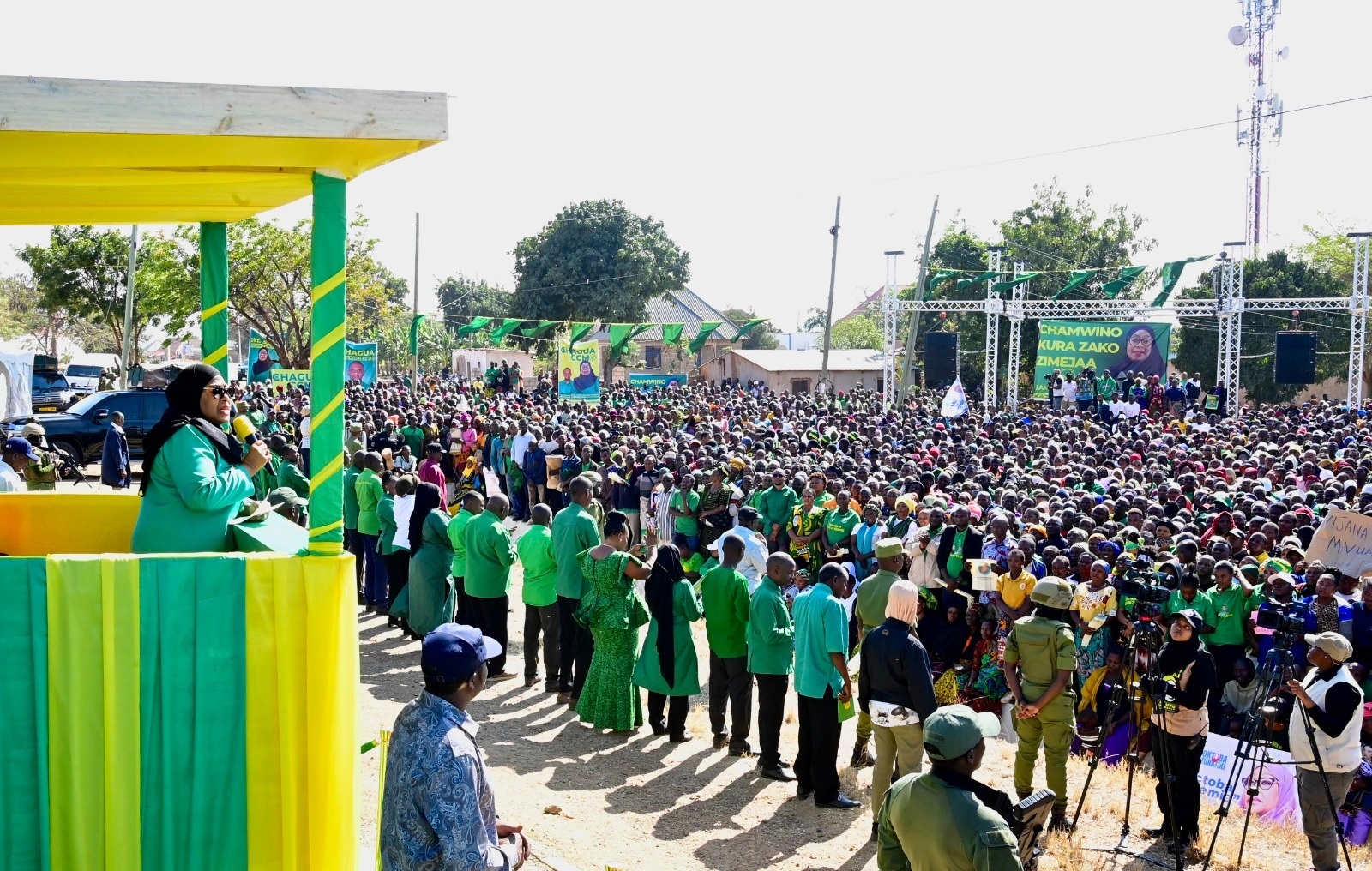Participatory storytelling model enables Tanzanians to write their own narratives
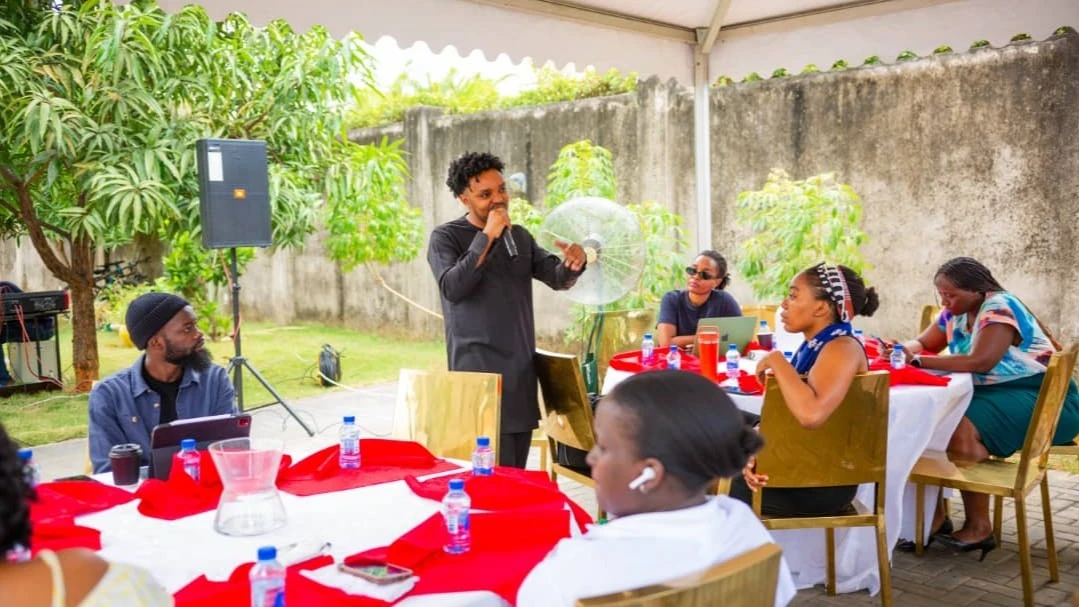
IN most cases, stories of ordinary Tanzanians are told by others—academics, journalists, or international organizations—yet they do not capture the heartbeat of daily life and the creativity that defines ordinary people.When people are empowered to tell their own stories, they claim ownership of the story.
By allowing people to narrate their own experiences, they empower themselves and future generations. The ordinary people we are talking about include farmers, traders, teachers, students, mothers, Bajaj and motorbike drivers as well as youth.
In Tanzania, OnaStories, the first immersive storytelling company that merges technology and storytelling to empower Tanzanians to share their own narratives, has launched the Elezea project which enables Tanzanians to tell their stories themselves.
Princely Hope-Glorious, Director of Onastories Group, said their organization is focused on telling different Tanzanian stories in Tanzanian voices and perspectives.“We have nine years in the market and have carried out different projects, but the Elezea project came from realizing that many times stories about ordinary Tanzanians are told by other people,” he said, adding: “Our goal is to make people narrate their own stories because when we go to interview and write, the stories often lack authenticity.
So, we decided to create a participatory framework that allows people to write their own stories.”Glorious added: “When I write a story about a motorcycle driver, that story should be written by him. This model enables ordinary Tanzanians such as teachers, farmers and pupils to tell their stories in their own voice. We saw it wise to come up with a participatory system that involves the people whose stories are being told. We train them in different techniques so they can narrate their stories.
We believe many Tanzanians have stories, they have experienced and done a lot, but they lack a platform and are not involved in telling their stories.”He said that in the Elezea project they have come up with the Artificial Intelligence (AI) which is in Kiswahili language to help people to organize and express their ideas. Through it they can also edit their stories.Glorious noted that OnaStories has empowered youth as it already works with 23 young people, while the Ona Creator Network with 497 members offers part-time jobs to members.
He said the network, which started in 2018, includes writers, designers, illustrators and poster makers.“We have been able to produce 107 different stories in collaboration with stakeholders including Youth Environmental Justice and Gender Equality (YOGE), the Foundation for Civil Society, Kilimanjaro-based New Life Foundation, as well as Mkuki na Nyota Publishers,” he added.Loveleth Rwakatare, Innovation, Partnerships and Impact Lead at Tech & Media Convergency, commended OnaStories for coming up with the project, saying it will benefit a good number of Tanzanians.
“By writing these stories of citizens’ lives, you enable people, institutions, policymakers, and decision-makers to understand their needs. As Tech & Media Convergency, through our work we have realized it is important for government and policymakers to ensure that citizen’ stories remain authentic. It is also important to preserve the good things and progress that Tanzanians have made so they are known internationally.
“There are many good stories that people can read; it should not always be that we see stories of dirty environment and poor people. Our country has made progress, so it is important that stories like these are shared in different online networks.”However, increasing women’s experiences in the use of digital platforms is important, said Rwakatare noting that stories on challenges women face when using internet should also be written, a move that will help ensure they are addressed through policies.
According to her, letting the women challenges known, would likely push the government and stakeholders to take steps to ensure women are safe when using the internet.
Top Headlines
© 2025 IPPMEDIA.COM. ALL RIGHTS RESERVED










